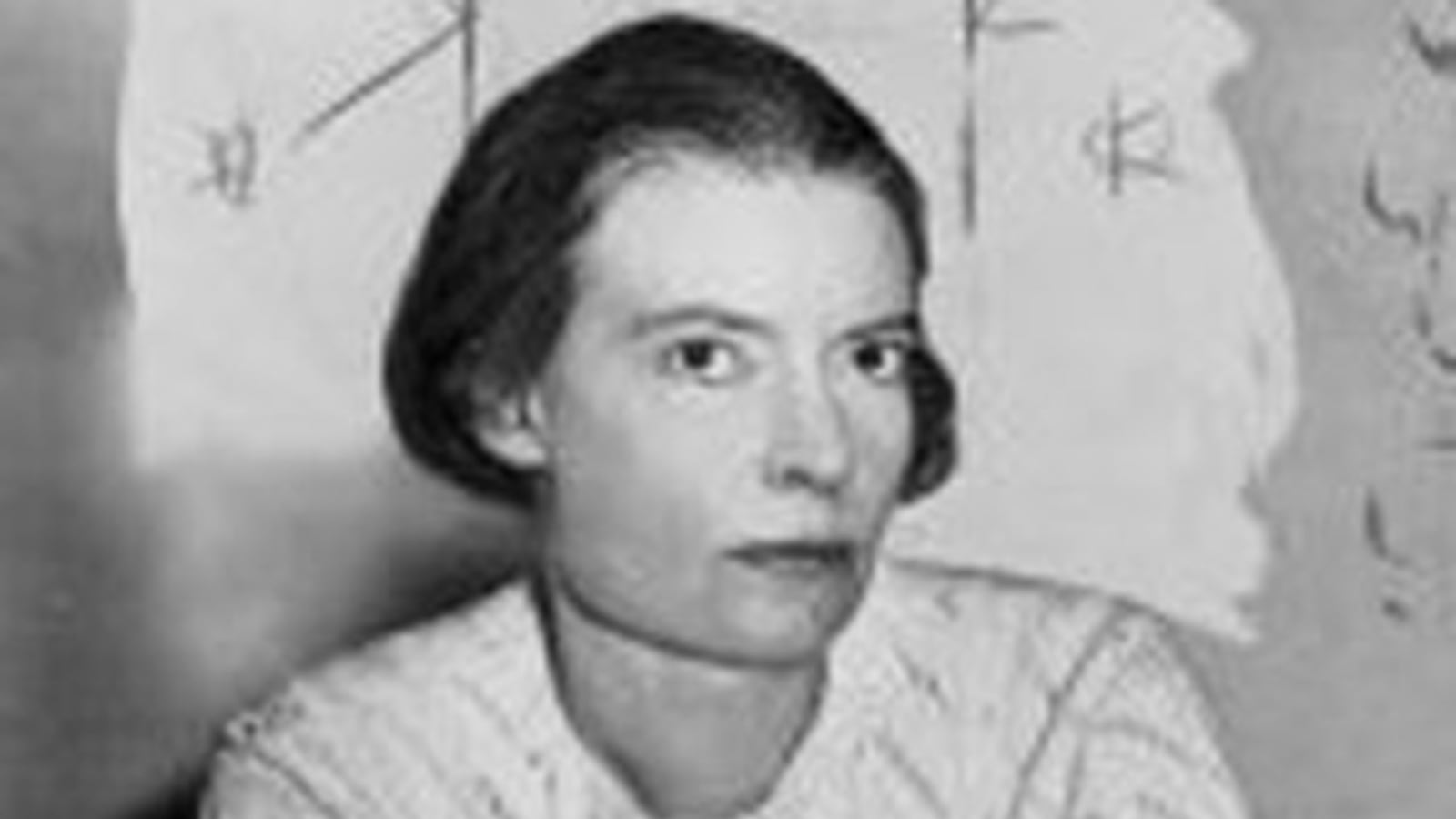In his speech to Congress today, Pope Francis name-checked a radical, pacifist, socialist would-be saint who had an abortion.
His mention of Dorothy Day, the sole American woman to get a papal shout-out, should make everyone squirm a little bit.
“In these times when social concerns are so important, I cannot fail to mention the Servant of God Dorothy Day, who founded the Catholic Worker Movement,” Pope Francis said. “Her social activism, her passion for justice and for the cause of the oppressed, were inspired by the Gospel, her faith, and the example of the saints.”
Like Francis, Day presents a conundrum for politicians on both the left and the right—bluntly radical on economic issues, while unflinching in her opposition to abortion. She also has created a rift in the Catholic Church as some powerful church leaders advocate for her sainthood.
Day, who was born in Brooklyn in 1897 and grew up in San Francisco and Chicago, was a socialist and had an abortion before she converted to Catholicism. The man who impregnated her told her he would end their relationship if she didn’t have the procedure. So she did—and he left anyway. Day later wrote that she regretted that decision for the rest of her life. Day’s first job was writing for a socialist newspaper in New York, and accusations of communism dogged her for the rest of her life.
McCarthyites even nicknamed her “Moscow Mary.”
When she gave birth to a daughter years later (out of wedlock), a crotchety nun catechized Day so she could have the infant baptized. The rite came to the chagrin of her daughter’s father, a committed atheist, and the two ended their relationship.
She founded the Catholic Worker movement and its eponymous newspaper, the Catholic Worker, and her ties to leftist leaders and activists drew her scrutiny from J. Edgar Hoover.
Absolutist in her pacifism, she vocally opposed the U.S.’s entrance into World War II. Hoover called her “a very erratic and irresponsible person,” which she thought was funny.
In her autobiography, The Long Loneliness, Day echoed Marxist rhetoric to criticize industrial capitalism.
“[O]urs was a long-range program, looking for ownership by the workers of the means of production, the abolition of the assembly line, decentralized factories, the restoration of crafts and ownership of property,” she wrote. “This meant, of course, an accent on the agrarian and rural aspects of our economy and a changing emphasis from the city to the land.”
And like Francis, she was unflinching in her opposition to abortion.
“To me, birth control and abortion are genocide,” she wrote. “I say, make room for children, don’t do away with them.”
Even though she died in 1980, Day continues to create controversy inside the church as several prominent Catholics—including Cardinal Timothy Dolan of New York—have advocated for her to be canonized.
“I am convinced she is a saint for our time,” Cardinal Dolan said in 2012, according to The New York Times. She is, he said, “what’s best in Catholic life, that ability we have to be ‘both-and’ not ‘either-or.’”






